The Cooperative Education program (Co-op) is the compulsory 10-12 month placement, part of a four-year Bachelor of Business Professional or Applied degree.
The program provides invaluable learning and development opportunities for students, from making professional job applications to starting work in a full-time role.
Students are responsible for finding their own placement with support from the WIL team.
Students can start placement in their third year or after completing at least 14 courses (including credit transfers*). Students are encouraged to start looking for their ideal placement in their second year of studies.
For more information and support please reach out to the WIL Team via Business Connect.
1. Source your own placement relevant to your degree
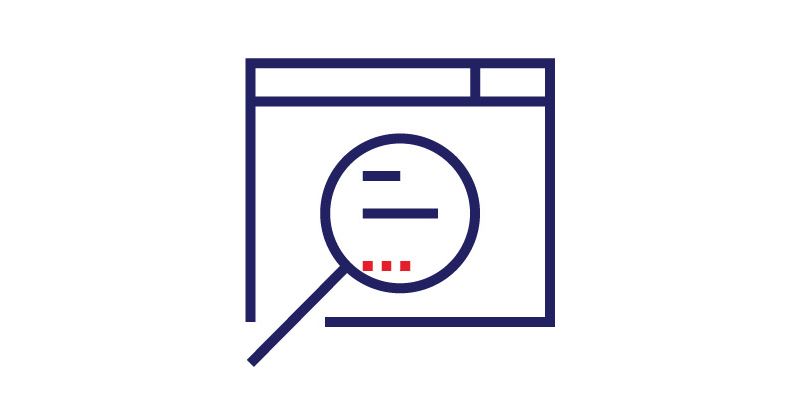
You are responsible for sourcing your own placement that suits you and your degree.
Some ideas of where to start include:
- Checking out opportunities on Career Centre
- Using your own networks and contacts
- Approaching businesses in your own community and area
- Searching different platforms such as Seek, GradConnections and LinkedIn
Once you have secured a placement, confirm all specific details such as Host Organisation name and address, supervisor contact details, placement dates, location of the placement, negotiated days and hours, key tasks and responsibilities you will be undertaking. This information is critical to complete the RMIT WIL Agreement.

2. Complete the online Internship Enrolment Form
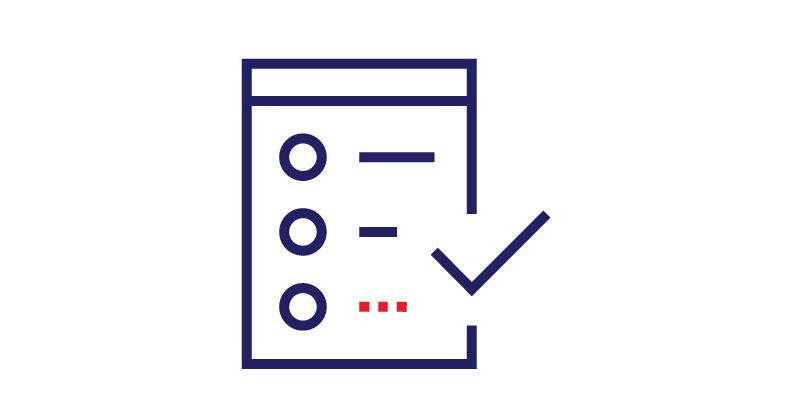
Once you have secured an internship, complete the online Internship Enrolment Form.
Before you commence the form, ensure you have the following information ready:
- Position description or offer letter on company letterhead with details of your internship
- Start and end dates of your internship (ensuring it fits within the relevant term/semester dates)
- Duration of your internship
- Organisation name and address
- Supervisor's contact details
The WIL Team will check over the details and seek approval of your internship from the Course Coordinator.

3. Complete and sign the WIL Agreement
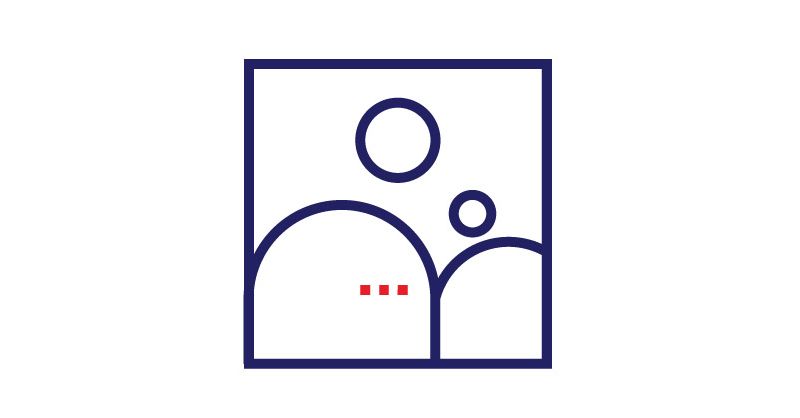
Once our team has confirmed your role has been approved, complete and sign the WIL Agreement.
What is the WIL Agreement?
The WIL Agreement is a necessary legal document for formal WIL activity and is between:
- the student
- the host company
- the University
This contract ensures that students and employers are clearly informed of their role and responsibilities during WIL activities. It covers Intellectual Property and details RMIT insurance which covers students whilst undertaking a WIL activity with a partner organisation. The WIL Agreement must be submitted prior to commencing placement.

If you have sourced the placement yourself
Request your host organisation sign the Host company WIL Agreement per the button below and attach your Student WIL Agreement for their reference. If you have found your placement on RMIT Career Centre the WIL team has already organised for the host organisation to sign the Agreement and you only need to complete your section per the above.
Once you have been sent the final and complete version of your WIL Agreement, keep a copy for yourself and give a copy to your employer/supervisor.
4. Complete the online WIL Ready Credential

Follow the link to complete the WIL Ready Credential. The credential will provide additional key information about your WIL placement and getting the most of the internship.
You have a limited number of attempts to pass the modules so ensure you do not rush through the content.

5. Enrol into the right courses and complete the required academic assessments
The WIL team will give you permission to enrol into the WIL and WEI courses once your role has been approved and WIL Agreement signed.
Ensure you enrol into the below courses:
Semester 1 of your placement: Work Integrated Learning 1 (WIL 1) and Work Experience Industry 1 (WEI 1)
Semester 2 of your placement: Work Integrated Learning 2 (WIL 2) and Work Experience Industry 2 (WEI 2)
Failure to enrol in classes while you’re on placement may result in RMIT discontinuing your enrolment.
Once the Semester commences, check out Canvas and ensure you understand the required assessments and submit on time. You should begin your assessments during your placement.
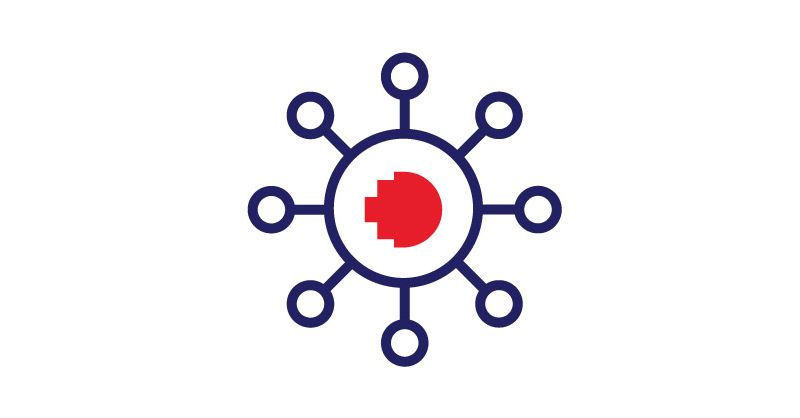
6. Complete a self-placement submission in InPlace
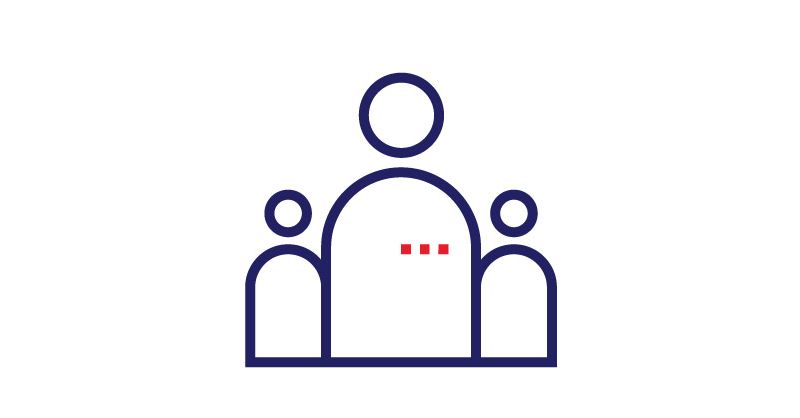
InPlace is RMIT’s central system for managing and recording WIL activity. You will receive an email with instructions for completing this step.
When completing your InPlace submission, you must have the below documents ready to upload:
- The detailed Position Description on the company letterhead
- Your employment contract/letter of offer from the company confirming your position is full time, for a period of 10-12 months and the remuneration (if these details are not covered in the position description)
- Your final signed WIL Agreement
Refer to the Quick Reference Guide (PDF) for specific instructions if needed.


Please refer to 2025 higher education important dates for full list of key dates.


